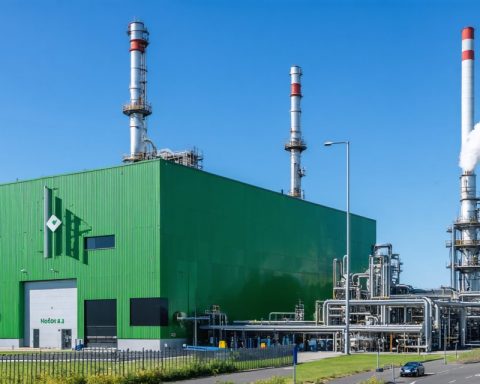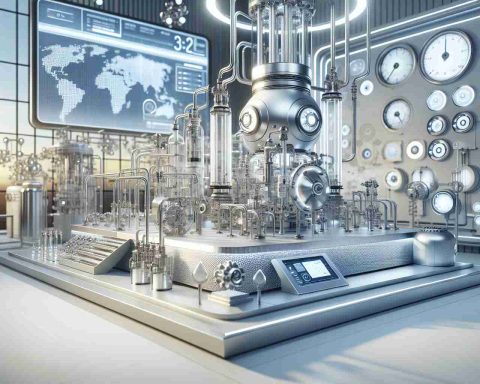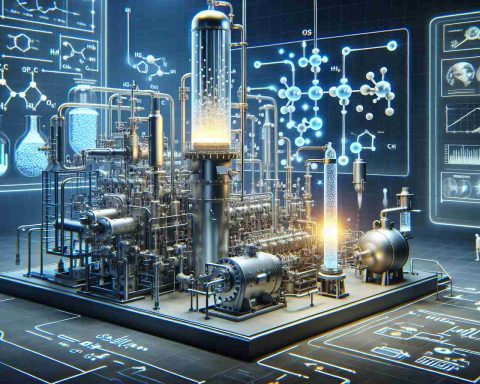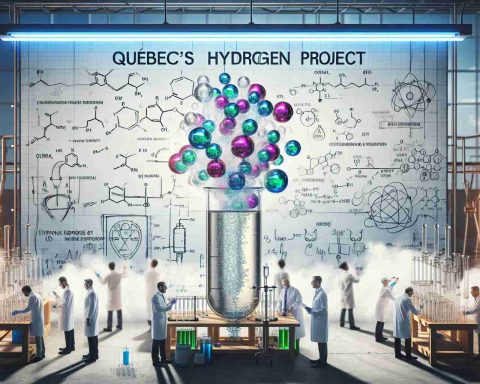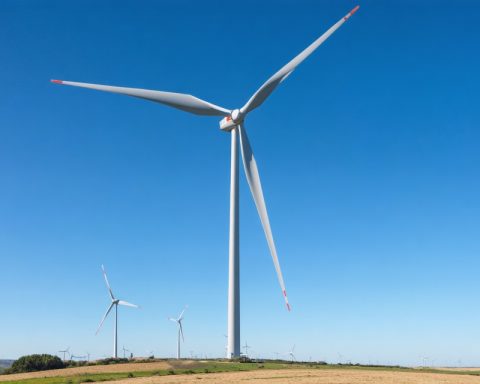Browse TagHydrogen Production
Hydrogen Production refers to the processes and methods used to generate hydrogen gas, which is a key energy carrier and chemical feedstock. Hydrogen can be produced through various techniques, including:1. **Steam Methane Reforming (SMR)**: A widely used method that involves reacting natural gas with steam at high temperatures to produce hydrogen and carbon dioxide.2. **Electrolysis**: This process uses electricity to split water into hydrogen and oxygen. It can be powered by renewable energy sources like wind or solar, making it a clean production method.3. **Gasification**: Involves converting organic materials (like biomass or coal) into hydrogen and other products through a high-temperature process in the presence of limited oxygen.4. **Photoelectrochemical Water Splitting**: A method that utilizes sunlight and semiconductor materials to directly convert water into hydrogen and oxygen.5. **Biological processes**: Certain microorganisms can produce hydrogen through fermentation or photosynthesis.Hydrogen production is essential for various applications, including fuel cells, industrial processes, and as a feedstock for producing ammonia and methanol. The method of production can have significant implications for environmental impact, energy efficiency, and economic viability.


